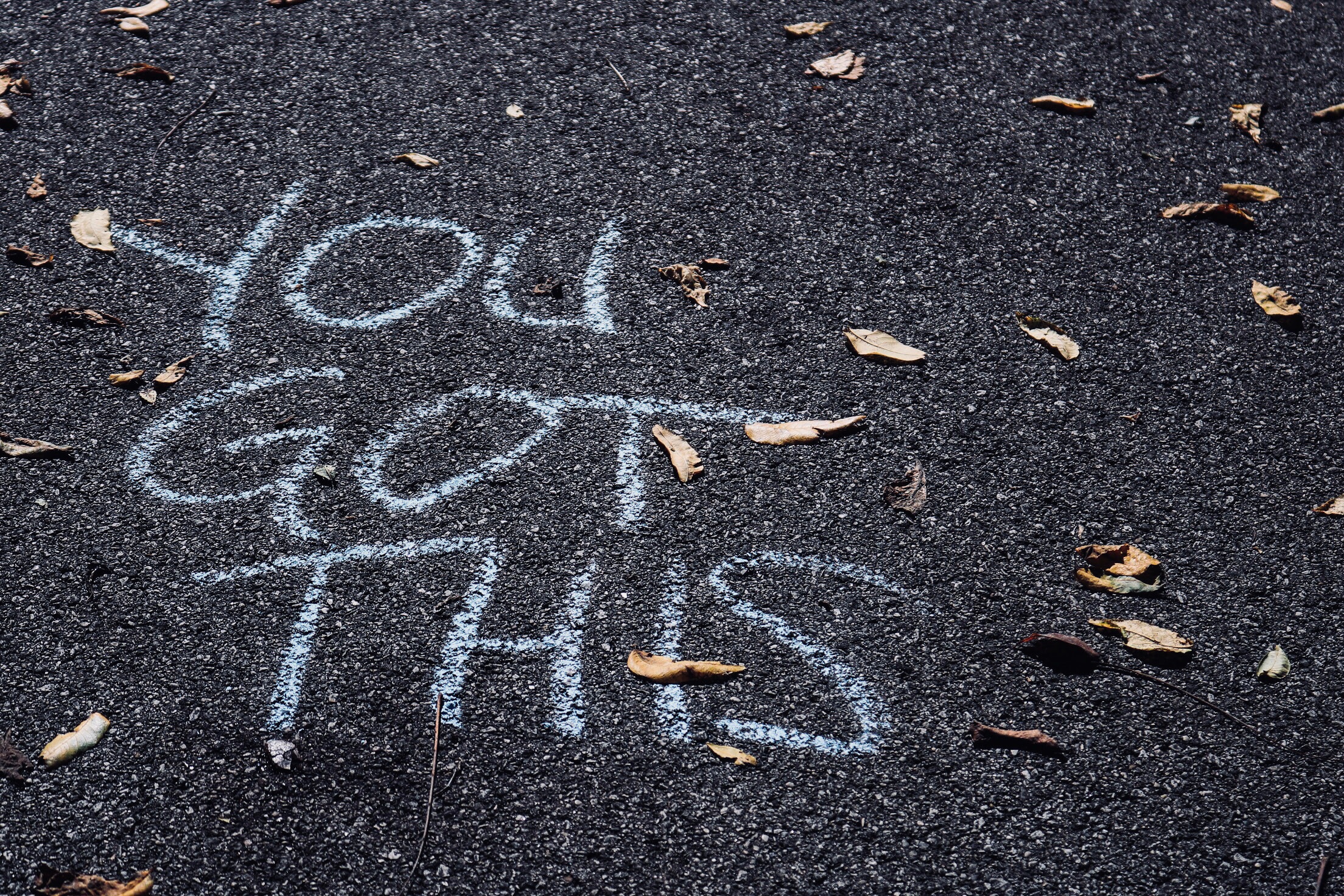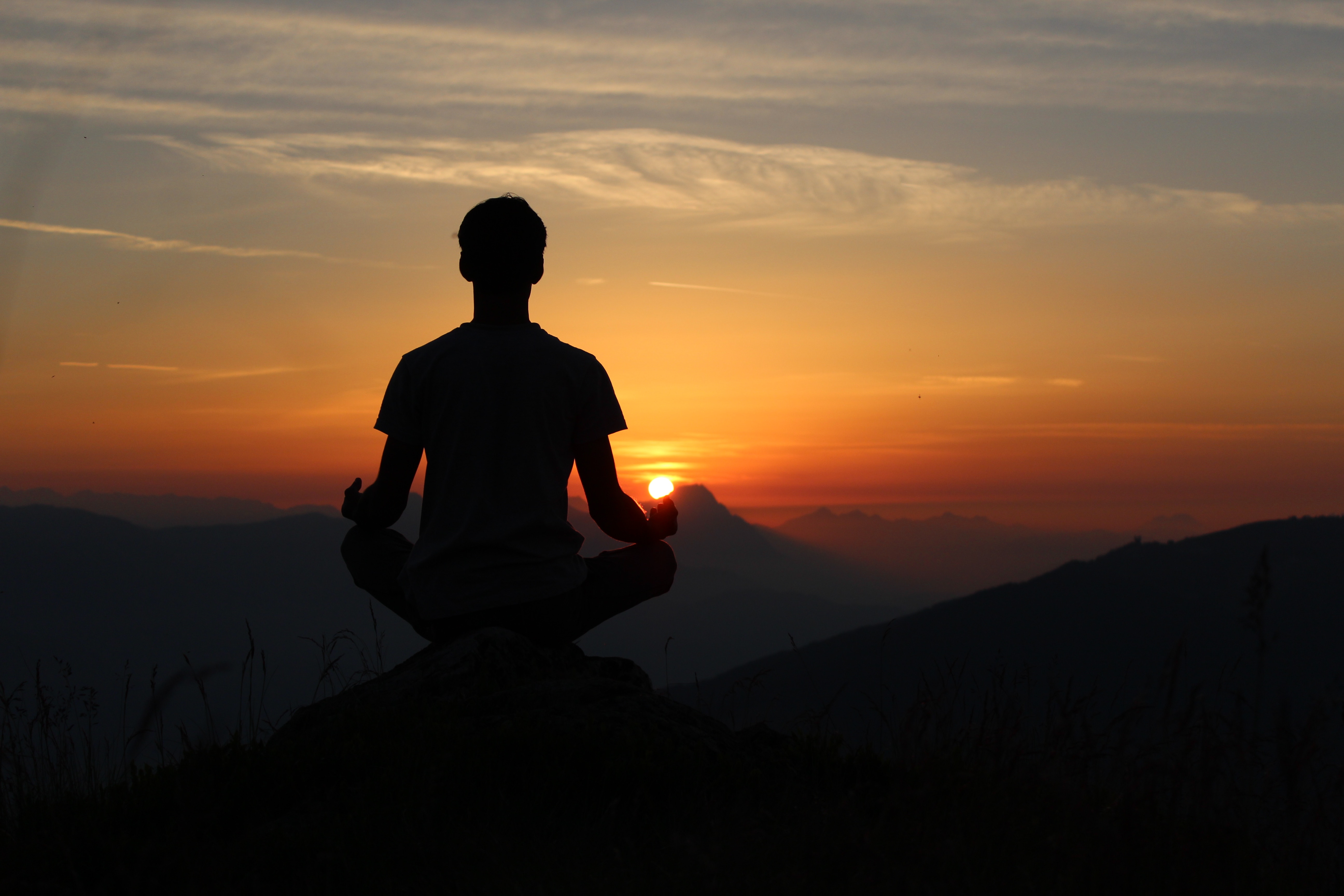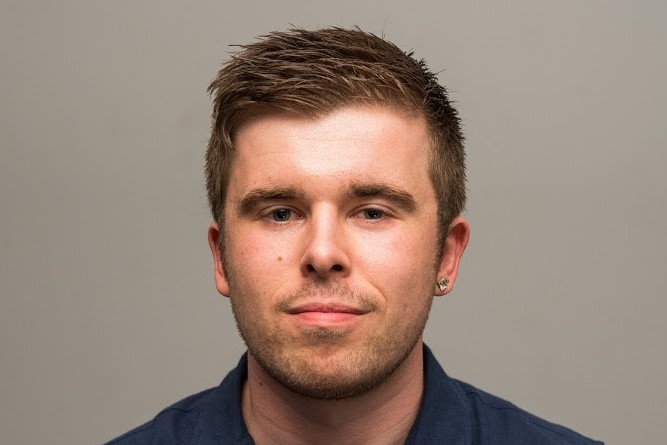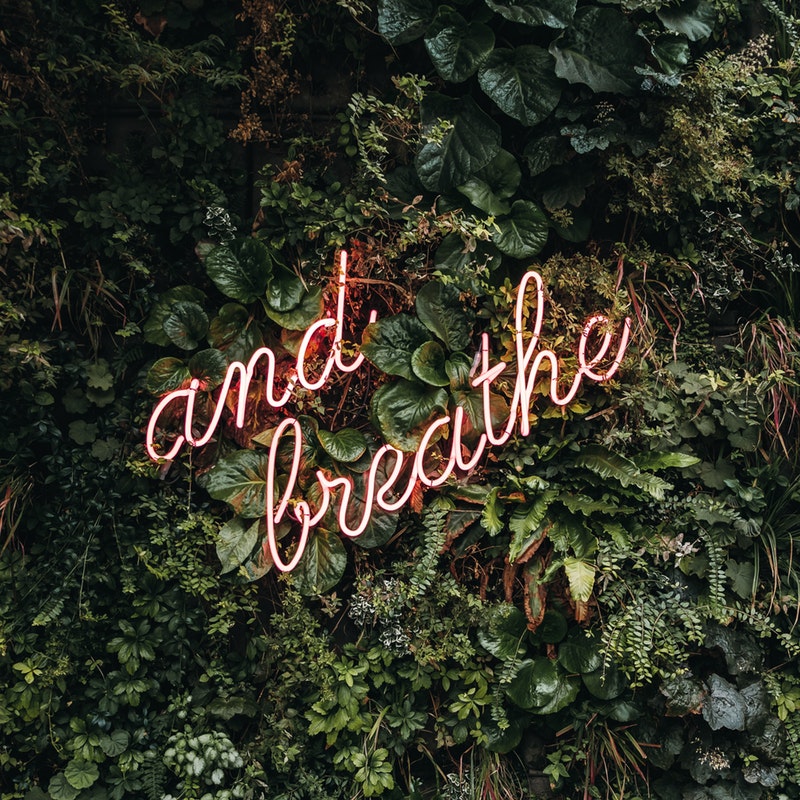The Benefits of Breathing Techniques and Remaining Present
I once heard Tim Ferris, ‘Best-Selling Author and Human Guinea Pig’, say that ‘Anxiety is an obsession with the future, Depression is an obsession with the past’. This struck me as one of the most profound statements I’ve ever heard and put into context a battle I’d been fighting for 15+ years.
You see I’ve always struggled with severe social anxiety. It has hindered me in every activity I’ve ever pursued. It marred my formative years and defined who I am as an adult.
It took until my mid-20s to finally get on the offensive against this. I started out with the usual self-help suspects: Tony Robbins, Dale Carnegie’s “How to Win Friends and Influence People” and a plethora of YouTube and LinkedIn influencers. I started to glue together all these shreds of what makes a successful person, but it was so haphazard which, of course, only brought inconsistent results. That was until I struck gold – I started practicing daily meditation.
You see, meditation is all about appreciating the moment – it is about remaining present. Below, I detail my experiences of using breathing techniques to achieve presence and, in turn, improve my life immeasurably.
1. I have built stronger relationships

I spent most of my life worrying about what other would think of me – my hair needed to look perfect; I needed to wear certain clothes; I needed to be associated with certain people; lest I be judged poorly.
All the time I spent with people, I was just worrying whether I was standing correctly, whether they thought I looked good, whether they like me, whether they were going to hurt me, whether I was boring them.
All of these thoughts were just interference, just noise, which detracted from my ability to express myself, to be genuine, to be entertaining and to be attentive to the needs of others. As with anything, we graduate toward those from whom we receive some from of value. I was locked up in my head worrying about what they thought of me, rather than focusing on what really mattered – giving them a reason to like me!
2. I live in a state of ‘flow’

Dr. Travis Bradberry describes ‘flow’ as ‘…a blissful state of balance, where you are fully immersed in a task, completely free from distracting thoughts’. Think of it this way, think of how true the saying “time flies when you’re having fun” is in practice – correct? Why do you think this occurs? It’s because you entered the ‘flow’ state, you were enjoying the moment, you lost track of the standard conventions of time and tapped into the power of your prehistoric mind.
I used to spend my days checking emails as they came in, trying keep my phone clear of notifications, daydreaming about what I was going to do on the weekend; then wondering how I’d gotten so little done!
Achieving presence allows you to push out all other distractions and zero in on the task at hand which, by default, triggers the flow state. This means I can cover days’ worth of distracted, procrastinating, unfocused writing into a 52 minute stint (the maximum time the average brain dips into the flow state, again according to Travis Bradberry). This super-powered, yet completely natural, productivity affords me more free time. This in turn allows me to pursue more high-value activities and reduces stress by an incredible amount!
3. I have achieved an enviable work/life balance

I won’t sit here and lie to you: I don’t have children, I only ‘work’ (as in, my job) 37 hours per week and I’m a fit and able 26 year old – you could argue I have a good work/life balance by default.
That said, I can recount plenty of times when the world seemed to be falling apart around me; times when everything seemed to be going wrong and I couldn’t possibly cope. These are personal matters I won’t detail, but they serve as a good template when approaching work/life balance – it is simply a matter of balancing competing priorities and stakeholders effectively; setting boundaries and making the most of the time available.
A great practice I’ve adopted is to meditate on Friday afternoon when I get home from work and to do the same on Sunday night – when I go to sleep before work on Monday morning. This allows me to mentally file away all my work-related concerns and fully plug in to my rest and relaxation/focusing on achieving my personal goals over the weekend. The same on Sunday night when I get prepared for a new week at work.
4. I sleep sooo well

Flow also applies to sleep – funnily enough. You see, what we refer to as ‘deep sleep’, the benefits of which is substantial, is actually our subconscious entering the flow state.
When we sleep, the subconscious has its chance to get to work, repairing cells, removing toxins from our organs, interpreting and filing away the conscious mind recorded that day. The subconscious mind puts our conscious mind on auto-pilot while this occurs, but it needs to be ready to wind down to achieve this.
The biggest cause of poor sleep, in someone without a clinical condition like Insomnia at least, is that the conscious mind is still active. The thoughts and feelings, the stress, the angst, the desire to act on things that occurred that day, on things that may or may not occur in the future, on things that you are still frustrated about from the past, are still pinging around in your conscious mind when you go to bed. This hinders the ability of the subconscious mind to get to work.
By very deliberately engaging in a good night’s sleep and essentially performing a “soft reset” on the brain, you’re supporting your subconscious mind in soothing the conscious mind to drift off into Dreamland, while it gets to work restoring your body to peak state.
5. I can deal with the pain

This one was the most important to me. I’m a young man living in the UK, where suicide is the single biggest cause of death among men aged under 45 – and figures are worryingly similar across the rest of the world. I’ve spent the majority of my time here on Earth as a very lonely, anxious and intermittently depressed human being.
I can’t count the number of nights on which I literally cried myself to sleep. I’ve tried virtually every psychological/therapeutic treatment under the sun – to no real avail.
That was until I started using meditative techniques to quell the mental pain. You see we all pick emotional wounds and scarring throughout our lives, that take much longer to heal than any physical damage that accompanied it.
I remember during my days as a Karate student, we would ‘ki-ai’, i.e. a battle shout, when we would land a finishing, impactful blow. This is an ancient technique used by Japanese warriors to a) instil fear in their opponents, b) channel one’s full mental, spiritual and physical energy into the strike and c) drastically reduce the pain inflicted upon oneself in delivering it. It took me a while to make this connection. I realised that the ‘ki-ai’ was a form of mindfulness, it was a means of focusing fully on the task at hand and on tackling the pain in life with full effect.
Today, I use presence to reduce the pain that stress, anxiety, loneliness and depression attempts inflict upon me and I breathe to power through in utmost defiance.
6. I have developed my woefully lacking sense of humour

As I explored in my article, ‘Anxiety – The Tax on Your Success’. Social anxiety creates constant distraction within one’s mind, making it hard to keep pace in conversation, to think on one’s feet and to come across as witty and engaging. Being aware of this makes you more anxious, which makes it harder still to think on your feet, which makes it harder to keep pace with people… Safe to say, it’s a vicious circle.
I found solace in taking a comedy class. You see, comedy is dependent on observation – it’s about seeing everyday things in a new light. It’s about framing the ordinary in an extraordinary manner.
In remaining present, I’ve been more aware of the little things, the everyday events that pass us by while we stress about the future and lament on the past. When in conversation, I’m able to focus more fully on the other participants – pick up on things they say, twig the quirks in their speech, think of more witty comebacks on the spot etc.
I’ve been able to engage in humour much more easily and, frankly, if you can make people laugh – they’ll love you! It has then given me more comfort and freedom to practice being in conversations with people and to develop my social skills, which has reduced my anxiety dramatically.
Remaining present did for me what no other treatment for anxiety
could!
So, the big question: how exactly do I remain present?
Put simply, it’s all in your breathing.

I highly recommend checking out this article on ‘9 Breathing Techniques for Sleep’ (it’s actually what led me to write this article), for a detailed account on this. Below, I give my personal experiences/experimentations.
I picked up an interesting technique from a Hypnotherapist I listened to as a child; which I’ve only recently started to employ, to great effect. You may have seen those stereotypical monks mediating beneath a waterfall. Bruce Lee, arguably the greatest martial artist in living memory, said ‘be water, my friend’. Water is fluid, water is flowing, water is adaptable, water is persistent, water can give and water can take.
Imagine a waterfall, flowing, clear, pure, cleansing, water. Imagine sitting under the waterfall and imagine that the waterfall is able to pass through you. Imagine that you live in a dimension in which the world is that waterfall, in which the world is just passing through you, in which that which has passed, is gone, it is separate from you, washed down the drain; in which that passing through you is what you’re currently dealing with, is what you are able to control and work with; in which that which is yet to hit you, is of no immediate consequence.
Apply this mindset to the issues you face in life. Feel the stress wash away from as let go of ‘’what could have been’ and embrace the ‘what I can about it right here, right now’. Watch your life and your ability to cope with adverse situations rise dramatically.
You see, your thoughts, feeling and emotions are controlled by your sub-conscious. You see, we all have a conscious and subconscious mind. The conscious mind rationalises, makes decisions and interprets the world around us – it’s essentially the President of the human body. The subconscious mind on the other hand is primal, it controls our breathing, it releases hormones to invoke stress, happiness, fear, love, arousal, laughter etc – it’s the Cabinet Office of the human body. The two mostly work together to ensure that we have the best chance of surviving whatever the world throws at us.
This is all very well except when your conscious and sub-conscious aren’t working in synchronicity – from there, you are at odds with yourself – before you’ve even begun to contemplate the obstacles you need to overcome in life.
Breathing however is the manual override option for your sub conscious. Breathing techniques allow you to apply conscious reasoning to your reactive, sub-conscious brain.

Also be sure to try Transcendental Meditation – quite simply, this involves closing your eyes and breathing. The key is focus acutely on the action of breathing in and breathing out – nothing more. From here, you can use this space to do things such as:
a) organising your day/tomorrow – in particular outlining 2-3 objectives to be achieved;
b) acknowledging anything you’re dreading/are anxious about or is bothering you/making you depressed;
c) bringing your mind back to what you’re grateful for to rewire your mind back to a mode of gratitude and;
d) journaling. Journaling is normally done by physically writing out everything in your head (I’d compare it to Dumbledore’s ‘Pensive’ in the Harry Potter series, you’re emptying your mind of all the thoughts whizzing around it. This allows you to focus on what’s important i.e. what you can control here and now in the present. The most immediately noticeable benefit to me being ‘journaling’ before I go to sleep i.e. calling out my thoughts and consciously filing them away for the day or dropping them completely from my mind. This, rather than having them whirring around in my head for half the night. With this clear, present mind, I can focus fully on achieving full, deep, quality sleep. I do this mentally now, rather than physically writing them down, but do what works for you.
e) cleaning out your system – Imagine breathing in clean, fresh, life-giving oxygen and breathing out ghastly, toxic, life reducing carbon dioxide. Breathe in success, joy and health, breathe out the angst, regrets and stressors.
In summary, breathing techniques can be used to solve so many of modern life’s common issues:
- anxiety;
- depression;
- stress;
- poor sleep/recovery;
and myriad health issues linked to prolonged exposure to these states.
Good luck!
Let me know if this article has helped you by heading over to my LinkedIn page @Kristian Hawkes ?


